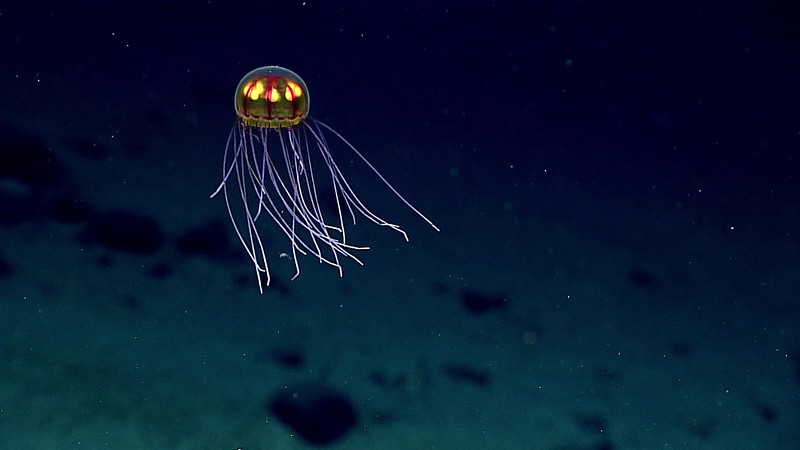Deep-sea mining will be exempt from environmental impact assessment (EIA) measures set forth by a historic international oceans treaty, a decision that activists worry may weaken protection for the seabed.
The High Seas Treaty is the first global accord to safeguard oceans that fall outside of state borders. It creates new financial options for marine conservation and develops a legislative framework for the declaration of marine protected areas in the future.
The agreement, reached on March 4 after nearly 20 years of discussions, was hailed as “a historic day for conservation” and one of the most important advancements in ocean governance in the past 40 years.
Read Also: Lawyers say court restrictions on climate protesters ‘deeply concerning
However, it does not apply directly to activities already regulated by existing bodies.
A senior policy advisor at US non-profit The Nature Conservancy, Andreas Hansen, said it was “less than ideal” that deep-sea mining in international waters, which is governed by the International Seabed Authority (ISA), is exempt from the treaty’s environmental assessment framework.
Campaigners worry that this could weaken efforts to safeguard the seafloor from human activity, for which the current EIA regulations are not very comprehensive.
Story was adapted from Climate Home News
